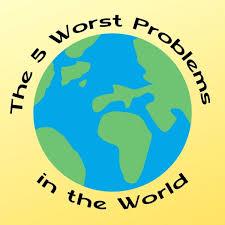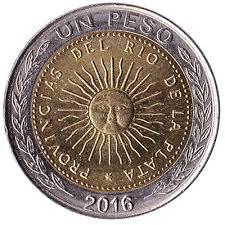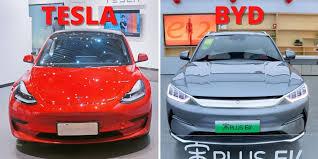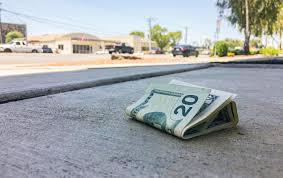(This, slightly edited, was a commentary recently published in the Albany Times-Union)

Artificial intelligence. Climate change. Gaza and Ukraine wars. All Big Things roiling the world. But another, perhaps under your radar, is deglobalization.
Globalization too was a Big Thing, benefiting billions. It meant removing barriers to trade and investment. Widely embraced, especially after the Cold War, because such economic openness best serves overall prosperity. Half a century of globalization saw worldwide average real-dollar incomes multiply several times over. Extreme poverty plummeted. But inevitably with any large economic reordering in a complex world, there were downsides and losers. Making globalization something of a cuss-word.
One aspect of it was reduced tariffs. Such a tax on imported goods may protect a firm against foreign competitors, but at the expense of consumers, including other businesses. Steel tariffs benefit steel makers but harm steel users. Adam Smith explained that if some other country can make something cheaper than us, we’re best off buying theirs and redirecting our own energies elsewhere. Every country doing that makes the whole world richer.

Then there are capital controls, restricting movement not of goods but of money. I experienced this in Argentina. At arrival we exchanged dollars for pesos. But changing them back to dollars was prohibited! Such restrictions hamper not just tourists but industrial investment and finance.
Globalization did lower such barriers, but that’s now being reversed, because its losers outshout winners. Remember the “giant sucking sound” of U.S. jobs going to Mexico due to the NAFTA free trade agreement? Some jobs did go. But Mexico became richer, able to buy more goods from us. Which in turn created new U.S. jobs. Both countries wound up benefiting.

Yet some see a beggar-thy-neighbor zero-sum world, making “free trade” also dirty words. So Trump as president immediately nixed the Trans-Pacific Partnership, a painstakingly negotiated trade deal with 12 Asian nations to blunt China’s clout. Beijing whooped at this huge American own-goal.
Trump also jacked up tariffs on Chinese imports — to stop our taking advantage of those low cost products. U.S. consumers paid the price for this folly.

But sadly, under President Biden, America continues to undo globalization. Those Trump tariffs remain, even rising. Biden has added a 100% tariff on electric cars. He wants us to buy such “greener” vehicles — but not from China, now making them better and cheaper than Tesla.
Another aspect of globalization is a “rules based world order,” with a widely agreed set of regulations for insuring the fairness of trade among nations, disallowing anticompetitive abuses. Overseen by the World Trade Organization (WTO), including a dispute resolution process, topped by a court. Trump paralyzed the WTO by refusing to fill America’s seats on the court. And guess what? Biden has continued that. Showing how politically toxic anything relating to globalization or world trade itself has become.

Then there’s “industrial policy” recrudescing — governments coddling favored businesses. Forgetting how badly that always turned out in the past. Mostly now it’s “Made in America,” “Made in India,” Made in China” policies. Sounding so patriotic. But it’s just another manifestation of counter-globalist protectionism — protecting a few at the expense of the many.
Geopolitical conflict also undermines the “rules based world order” — which included barring countries invading each other. Whether Russia gets away with it remains undecided. As for China, it’s far from clear why they and America need be enemies tearing each other down. Economic rivals, yes, which all nations are; but still all benefit from freely trading with one another. We and China could have a “live and let live” relationship. But both have gotten into a mutual hostility that’s hard to escape.

Due to all these blows to globalization, worldwide trade and cross-border investment are subsiding. We’re collectively leaving trillions of dollars on the sidewalk. Which could have been used to gain a lot of social justice, human betterment, and climate amelioration.
When reversal of past gains starts biting, the mood will only get uglier. Will the right culprits be blamed?
